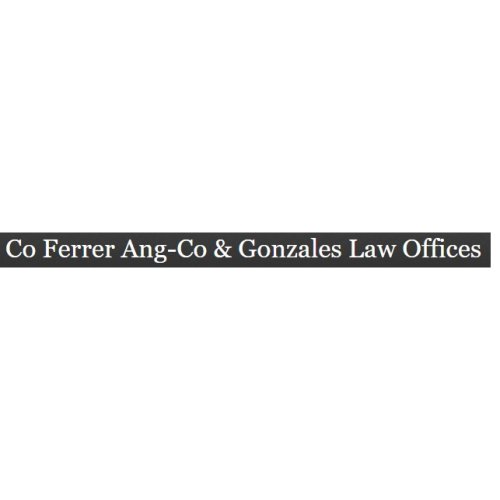Best Franchising Lawyers in San Juan
Share your needs with us, get contacted by law firms.
Free. Takes 2 min.
List of the best lawyers in San Juan, Philippines
About Franchising Law in San Juan, Philippines
Franchising is a popular business model in San Juan, Philippines, where a franchisor grants a franchisee the right to operate a business under their established brand. Franchising offers several benefits, such as brand recognition and support from the franchisor. However, it is important to have a good understanding of the legal aspects involved to ensure a successful franchising venture.
Why You May Need a Lawyer
While franchising can be lucrative, various situations may arise where legal assistance is necessary. Some common scenarios where you may need a lawyer experienced in franchising law include:
- Negotiating and reviewing franchise agreements
- Resolving disputes with the franchisor
- Understanding legal obligations and compliance requirements
- Protecting intellectual property rights
- Terminating or renewing franchise agreements
Local Laws Overview
When it comes to franchising in San Juan, Philippines, it is crucial to be aware of the following key aspects of local laws:
- The Philippines Franchise Act, which regulates franchising activities, requires franchisors to provide a franchise disclosure document to potential franchisees.
- Franchise agreements must comply with the provisions of the Civil Code of the Philippines.
- Intellectual property laws protect the franchisor's trademarks, copyrights, and patents.
- Both franchisors and franchisees must comply with labor laws, including minimum wage requirements and employee benefits.
Frequently Asked Questions
1. What is the process of obtaining a franchise in San Juan, Philippines?
The process involves researching potential franchisors, conducting due diligence, negotiating the terms of the franchise agreement, and registering the agreement with the appropriate government agency.
2. Can a franchise agreement be terminated before its expiration?
Yes, a franchise agreement can be terminated prematurely, but both parties must comply with the terms specified in the agreement and follow the procedures outlined by local laws.
3. What are the initial franchise fees and ongoing royalties?
The initial franchise fee is a one-time payment made by the franchisee to the franchisor for the right to use their brand. Ongoing royalties are typically a percentage of the franchisee's revenue paid to the franchisor on a regular basis.
4. Who is responsible for maintaining and protecting the franchisor's intellectual property?
The franchisor is generally responsible for maintaining and protecting their intellectual property, including trademarks, copyrights, and patents. However, franchisees must also adhere to guidelines and restrictions set by the franchisor.
5. How can I resolve disputes with the franchisor?
If disputes arise, it is advisable to first attempt to resolve them through negotiation or mediation. If this fails, legal action may be necessary. Consulting with a franchise lawyer can help you understand your rights and options.
Additional Resources
For more information and assistance regarding franchising in San Juan, Philippines, consider consulting the following resources:
- Department of Trade and Industry (DTI) - Provides guidance on franchising regulations and acts as a resource for potential franchisees.
- Philippine Franchise Association (PFA) - A national organization that supports and promotes the growth of franchising in the Philippines.
Next Steps
If you require legal assistance in the field of franchising in San Juan, Philippines, it is recommended to:
- Research and shortlist experienced franchise lawyers who specialize in Philippine franchising law.
- Schedule consultations with potential lawyers to discuss your specific needs and concerns.
- Prepare all relevant documents and information related to your franchising venture for the lawyer's review.
- Engage the services of a qualified lawyer who can guide you through the legal aspects of franchising and protect your interests.
Lawzana helps you find the best lawyers and law firms in San Juan through a curated and pre-screened list of qualified legal professionals. Our platform offers rankings and detailed profiles of attorneys and law firms, allowing you to compare based on practice areas, including Franchising, experience, and client feedback.
Each profile includes a description of the firm's areas of practice, client reviews, team members and partners, year of establishment, spoken languages, office locations, contact information, social media presence, and any published articles or resources. Most firms on our platform speak English and are experienced in both local and international legal matters.
Get a quote from top-rated law firms in San Juan, Philippines — quickly, securely, and without unnecessary hassle.
Disclaimer:
The information provided on this page is for general informational purposes only and does not constitute legal advice. While we strive to ensure the accuracy and relevance of the content, legal information may change over time, and interpretations of the law can vary. You should always consult with a qualified legal professional for advice specific to your situation.
We disclaim all liability for actions taken or not taken based on the content of this page. If you believe any information is incorrect or outdated, please contact us, and we will review and update it where appropriate.








